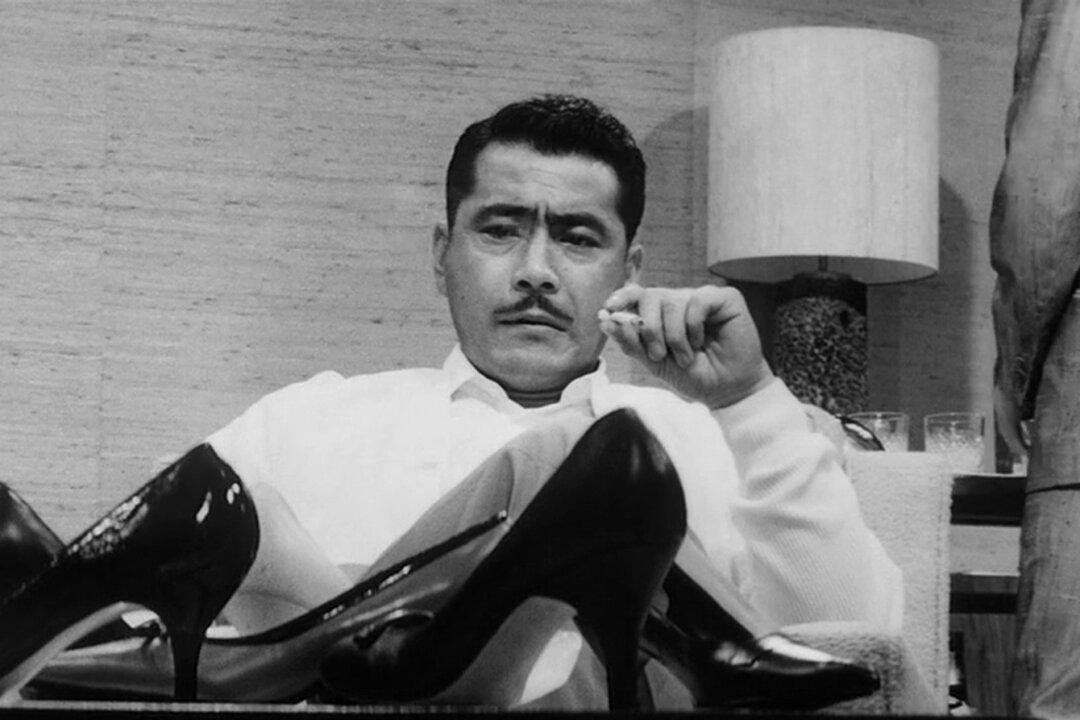NR | 2h 23m | Crime, Drama, Mystery | 1963
The 1960s marked a period of remarkable technological progress, with innovations like programming languages and the introduction of the computer mouse. However, amid these advancements, the decade was also characterized by widespread unrest, including riots, assassinations, and a culture of hedonism that swept the globe.






